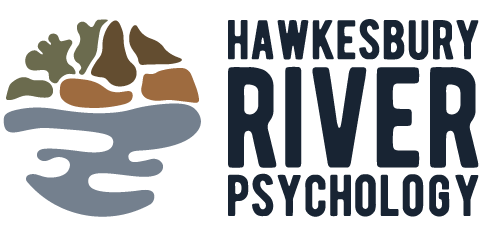the experience
``A unique mental health experience out of the consultation room, in nature``




In the last few centuries, humans have dramatically disengaged from the natural environment due to the development of technology and the exponential growth of urban areas. As a result, we are now spending increased amounts of time indoors, in front of a screen (as you are right now), and less time outside in nature. Evidence suggests that our disconnected relationship with nature has a significant impact on our mental health and wellbeing. We don’t often realise but we subconsciously “crave” a connection with nature; you might have an aquarium at home, a plant in the living room, a garden in the backyard, or even a background photo on your work computer from when you went away and enjoyed being in nature. All signs that we value this connection, this presence and we know how being in the environment is calming, empowering and healing.
Researchers have found strong connections between contact with nature and the positive impact it can have on people. For instance, children have experienced enhanced well-being, cognitive, and moral development through their relationship with nature. Evidence shows that nature-based counselling can promote mood improvement in people experiencing depression, lessen symptoms of attention deficit hyperactivity disorder, enhance self-esteem, decrease anxiety and have a significant impact on people by improving interpersonal skills. Therefore, a nature-based approach can enhance general well-being from childhood development, to adults and the elderly.
For these reasons, Hawkesbury River Psychology wants to provide a unique mental health experience out of the consultation room, in nature. That is because we understand humans as being part of the whole ecosystem and environment, with all elements in nature integrated into every experience.
Watching, breathing and feeling, the experience aims to provide more than just amazing scenery, but a safe and supportive environment to explore feelings and emotions; invoking a sense of “oneness” with nature and also promoting transcendental experiences, we aim to provide a place to be in, to feel at home.
Maller, C. Townsend, M., Pryor, A., Brown, P. & St Leger, L. (2006). Healthy nature healthy people: ‘Contact with nature’ as an upstream health promotion intervention for populations. Health Promotion International. Oxford University Press, 2006 21:45-54.
Pryor, A., Townsend, M., Maller, C. & Field, K. 2006. ‘Health and well-being naturally: ‘contact with nature’ in health promotion for targeted individuals, communities and populations’. Health Promotion Journal of Australia 17(2)114-123.

